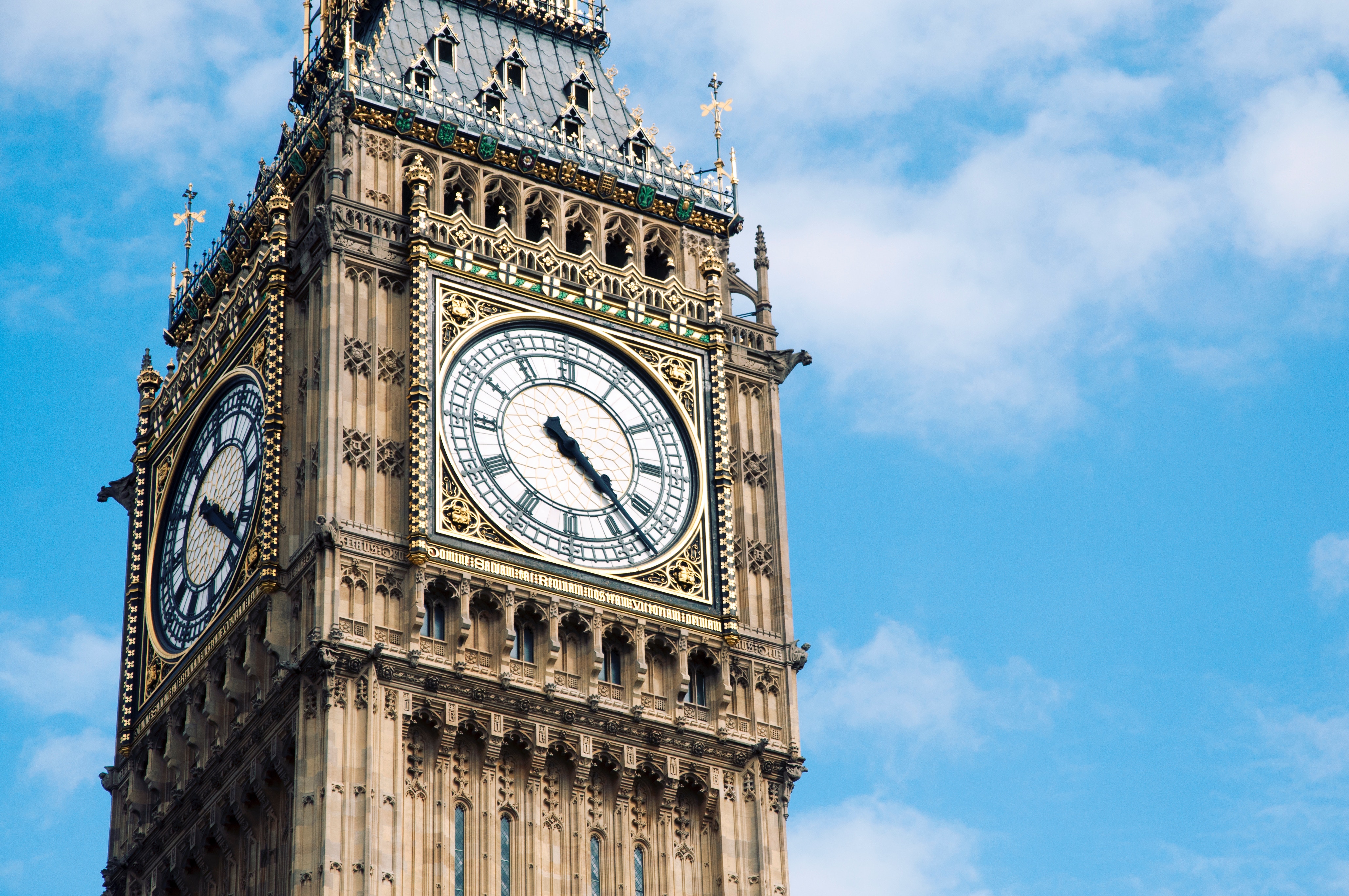
by Alex Dunnagan | Dec 1, 2021
The Finance Bill 2021-22 was published earlier in November, legislating for tax changes announced at the Autumn Budget. This briefing focuses on two aspects of the bill, amendments to the Diverted Profits Tax and measures relating to the promotion of tax avoidance...

by George Turner | Apr 29, 2021
In response to critics that have questioned why HMRC has not done more to bring criminal prosecutions against the enablers and promoters of tax avoidance schemes, the government’s standard response has been to state that “there is no criminal offence of...




